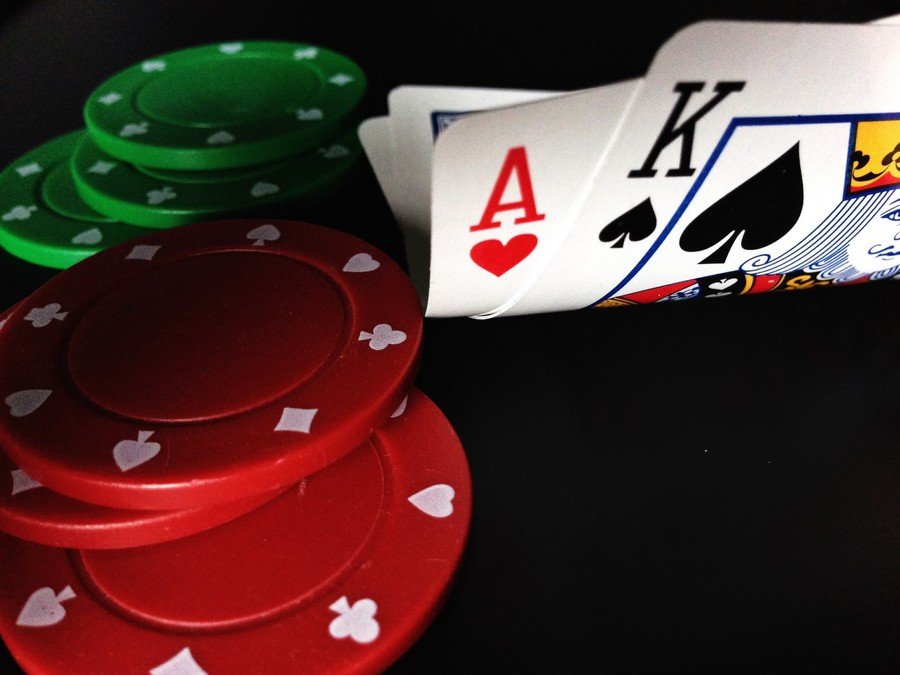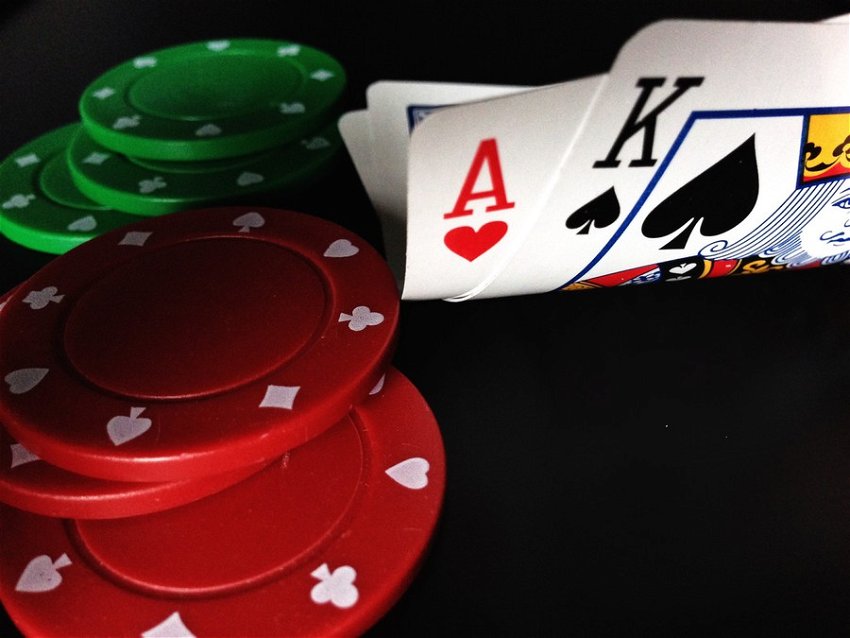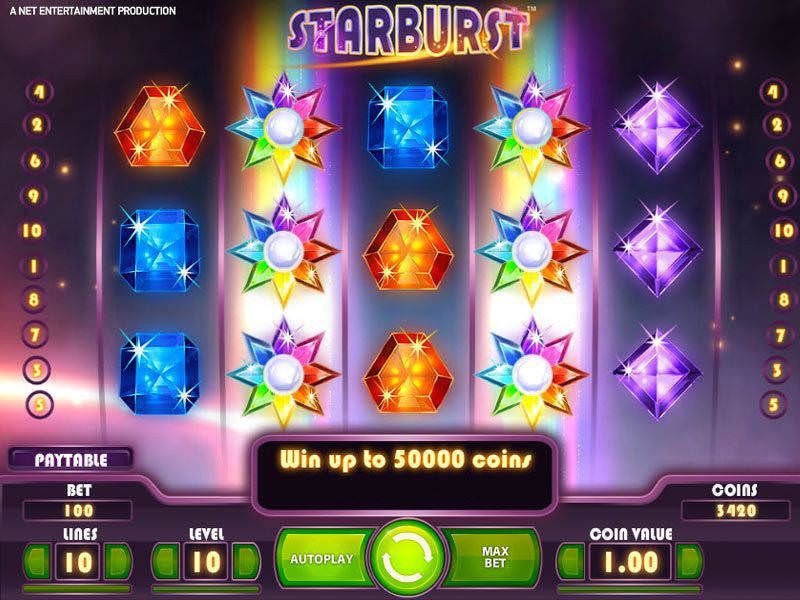Pai Gow poker dates back to an ancient Chinese domino game that was played with 32 pieces. This classic domino game was later incorporated into poker and has gradually become one of the most loved poker games. The game is easy to play, but you must learn certain fundamental principles to win.
The main difference between Pai Gow and poker is that the bettor only faces the dealer and not against the rest of the players. This game is known and stands out for its low house edge. This, together with the simplicity of its rules, is what makes it one of the best poker games of all.
Your main objective is going to be to get both of your hands to be winners. In a first hand you will have five cards and the other will be a two card hand.
Pai Gow Poker rules
Pai Gow Poker is played using a 52-card deck and a joker card. The table usually takes place for six players (in the online version it is usually a single player-dealer duel). Players are dealt a total of seven cards, with which they form two hands: one of five cards and one of two. The hand of two cards (called "front hand") must be lower than the one with five. The five-card hand (called "rear hand") must be the highest of the two.
The combinations for the two-card hand are simple: it must a pair of cards as high as possible. The best play to be aspired to in the two-card hand is a pair of aces. If there is no pair, the highest card is taken into account first and in case of a tie the second is seen. On the other hand, the possible combinations for the five-card hand are based on poker (keep in mind that each region or casino adopts different variants):
Royal flush: cards A, J, Q, K, 10 all of the same suit.
Straight flush: consecutive cards of the same color.
Poker: four equal cards.
Full House: pair and trio of cards.
Color: all cards of the same color.
Straight: consecutive cards, regardless of their color or suit.
Three of a kind: three of the same cards.
Double Pair: Two pairs of cards equal to each other.
Pair: two equal cards.
High Card: The value of the highest card wins
The joker can be used only to complete a flush or straight. If neither of these situations apply, the joker must be an ace. (Some casinos have different rules regarding the joker, but this is by far the most common.)
As soon as the player receives the seven cards from the dealer, he must divide the cards into the two hands and turn them face down. As we mentioned before, the value of the five-card hand must always be greater than the value of the two-card hand. After the player has divided his cards into two hands, the dealer's does the same. Then, the player with the better hand wins.

Payouts
After the dealer and player have the two hands separated, it's time to compare them. If there is no tied hand, there are three options:
• The player wins both hands having won the bet.
• Each one wins a hand, in this way the payment made is returned to the bettor.
• The dealer wins both hands and the player loses the bet.
In the case of a tie, the bank is declared the winner of the round and will keep the money bet by the player. This is the only advantage of the house with respect to the player.
Pai Gow Strategy
As it happens in the best poker games, implementing a strategy can definitely improve your chances of winning. Similar to blackjack, Pai Gow poker allows you to use some skill while playing. If you play correctly, you can decrease the house edge and improve your odds. This game is about ordering your cards. So keep that in mind, and follow these simple rules:
• If you don't have pairs, straights, or flushes, you should play the highest cards in the five-card hand.
• If you have a pair among the 7 cards you dealt, you should put that pair in the two-card hand.
• If you have two pairs, you should put the lowest in the front hand and the highest in the back.
• If you have three pairs, you should always put the highest pair in the five-card hand, and the lowest two in the two-card hand.
• If you receive a Joker, you can always use it to complete a straight or form a pair.













— Commenti 0
, Reazioni 1
Diventa il primo a commentare